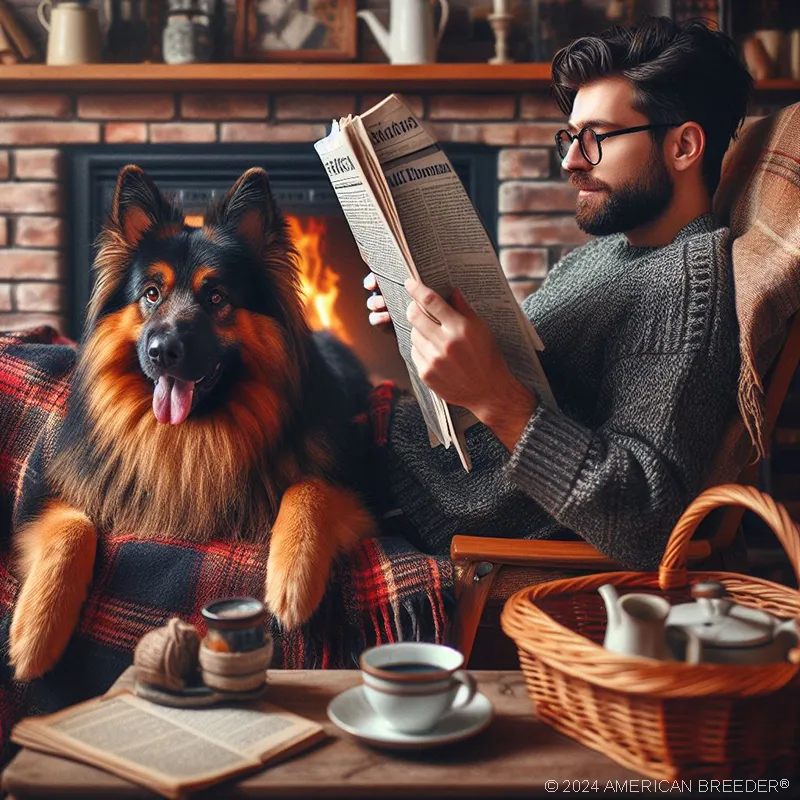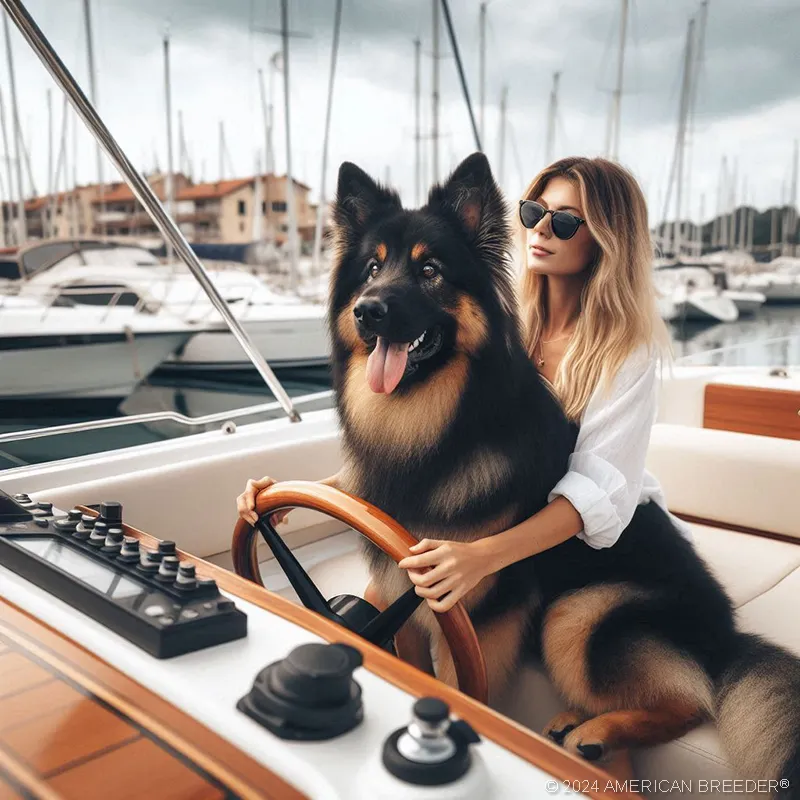Bohemian Shepherd Mastery: Your Quick Reference Companion
The Bohemian Shepherd Dog, also known as the Chodsky Pes, is a delightful and intelligent breed that has a rich history and a charming personality. Before deciding to bring this breed into your home, there are a few considerations you should keep in mind. However, once you understand their unique traits, they can make a wonderful addition to your family.
Bohemian Shepherd Dogs are native to the Czech Republic and have a strong connection to the country's culture and heritage. They were primarily bred as herding dogs, known for their agility and versatility in various terrains. They are also known for their exceptional scenting abilities, making them suitable for search and rescue work.
Appearance and Physical Characteristics
Size: Bohemian Shepherds are medium-sized dogs, typically standing at around 19 to 23 inches (48 to 58 cm) in height.
Weight Range: They generally weigh between 35 to 55 pounds (16 to 25 kg).
Physical Features: This breed has a distinctive appearance with a well-muscled body and a strong bone structure. They have a dense, weather-resistant double coat consisting of a soft undercoat and a longer outer coat. Coat colors can include black, sable, or black with white markings.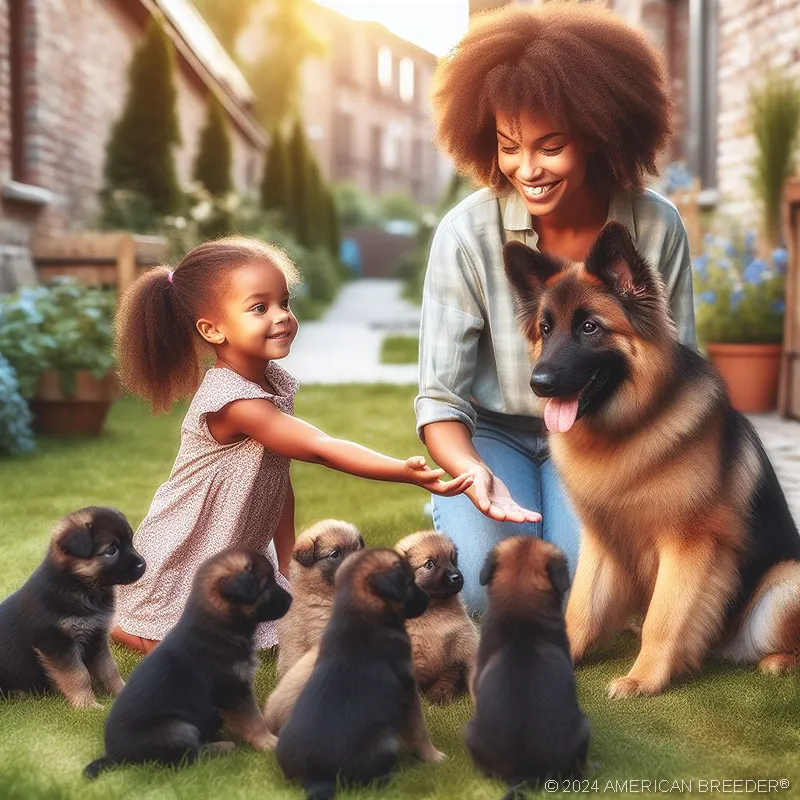 Breed Background and Country of Origin
Breed Background and Country of Origin
History: The Bohemian Shepherd Dog has a long history dating back centuries in the Czech Republic. They were primarily bred as herding dogs, known for their agility and versatility in various terrains.
Cultural Significance: The breed holds cultural significance in the Czech Republic, where they are considered a national treasure and a symbol of the country's heritage.
Breed Groups: Bohemian Shepherds belong to the herding group, highlighting their original purpose as working dogs.
Personality and Temperament
Personality Traits: Bohemian Shepherds are known for being loyal, intelligent, and devoted to their families. They are alert, courageous, and make excellent watchdogs.
Temperament: They have a friendly and gentle disposition, making them suitable for families with children. Early socialization and training are crucial to help them develop into well-rounded and obedient dogs.
Compatibility: Bohemian Shepherds generally get along well with other dogs and cats if properly introduced and socialized from a young age. They can form strong bonds with their human family and are eager to please.
Recognition by AKC (American Kennel Club)
AKC Recognition: The Bohemian Shepherd Dog was officially recognized by the American Kennel Club (AKC) in 2020, which highlights the breed's growing popularity and acceptance.
Importance of AKC Recognition: AKC recognition helps establish breed standards and provides a platform for the breed to participate in various dog competitions and events.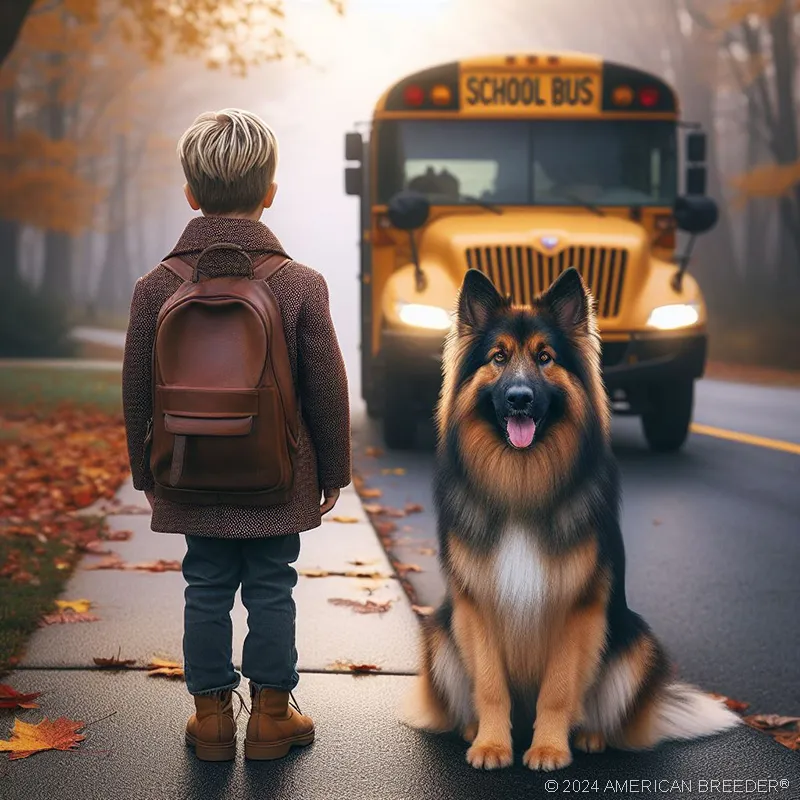 Training Suggestions
Training Suggestions
Training Methods: Bohemian Shepherds are intelligent and respond well to positive reinforcement methods. Using rewards, praise, and consistency can yield the best results.
Challenges: Due to their herding background, they may exhibit a strong herding instinct, which requires proper training and redirection to prevent them from herding family members or other pets.
Ease of Training: With their intelligence and eagerness to please, Bohemian Shepherds are generally receptive to training. However, early and consistent training is important to establish boundaries and behaviors.
Care Notes
Grooming Requirements: Their double coat needs regular brushing to maintain its condition and manage moderate shedding. Occasional bathing is usually sufficient.
Exercise Needs: Bohemian Shepherds have a moderate activity level and require regular exercise to keep them physically and mentally stimulated. Daily walks, play sessions, and opportunities for mental challenges are recommended.
Health Considerations: They are generally a healthy breed with no major breed-specific health issues. However, like any dog, they can be prone to conditions such as hip dysplasia, elbow dysplasia, and eye problems. Regular veterinary check-ups and a balanced diet are important for their overall well-being.
Feeding Guidelines: Consult with a veterinarian to determine the appropriate diet for your Bohemian Shepherd Dog based on their age, size, and activity level.
Shedding: Bohemian Shepherds have a moderate shedding level. Regular brushing helps minimize loose hair around the house. They are not considered hypoallergenic.
Drooling: This breed has a low tendency to drool, which is beneficial for those who prefer a cleaner, less messy dog.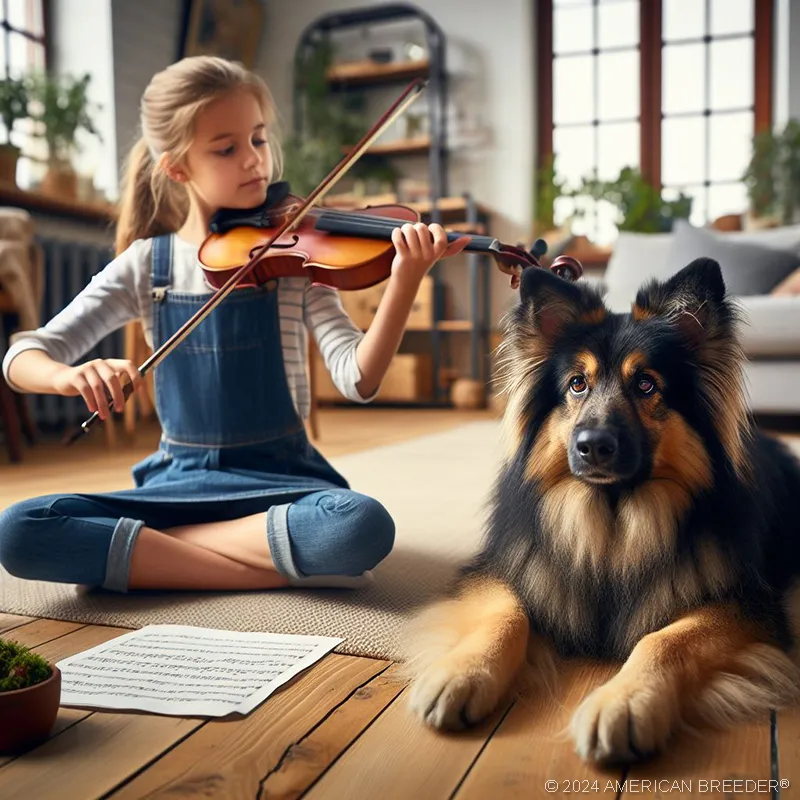 Other Considerations
Other Considerations
Snoring tendencies and noise level during sleep: Bohemian Shepherds are not known for excessive snoring. They typically have a moderate noise level during sleep, similar to most dogs.
Bark and tendency to bark: They have a moderate tendency to bark. While this makes them good watchdogs, proper training is necessary to control excessive barking and ensure good neighbor relations.
Compatibility with living arrangements: Bohemian Shepherds are adaptable to various living arrangements, including apartments, as long as they receive sufficient exercise and mental stimulation. However, they thrive best in homes with access to a securely fenced yard where they can roam and play safely.
Conclusion
the Bohemian Shepherd Dog is a versatile and intelligent breed that brings joy and loyalty to families. Their rich history, unique appearance, and friendly temperament make them a wonderful choice for those seeking a loving companion. Remember to continue researching and seek guidance from breed experts or reputable breeders to gain a deeper understanding of this breed's specific needs. Responsible ownership, proper training, and attention to their physical and mental well-being will ensure a fulfilling and harmonious relationship with your Bohemian Shepherd Dog.
Bohemian Shepherd Dog Quick Reference Guide
Breed Background: Origin: Czech Republic | Breed Purpose: Herding | AKC Class: Foundation Stock Service | Year Recognized by AKC: Not recognized
Appearance: Size: Medium | Weight: 48-75 lbs | Coat Type: Double coat, medium length | Colors & Patterns: Black and tan, sable | Distinctive Features: Bushy tail, alert expression
Temperament: Energy Level: 4/5 | Loyalty: 5/5 | Friendliness to Pets: 3/5 | Friendliness to Strangers: 3/5 | Trainability: 4/5 | Playfulness: 4/5 | Frequent Barker: 2/5 | Chase Instincts: 4/5 | Sense of Smell: 4/5 | Drive to Hunt: 3/5
Health & Care: Health Issues: Hip dysplasia, eye problems | Lifespan: 12-15 years | Grooming Difficulty: Moderate | Exercise Needs: High
Socialization: Interaction with Children: Good with supervision | Interaction with Pets: Moderate | Interaction with Strangers: Cautious | Elderly Compatibility: Affectionate | Ease of Training: Moderately easy
Suitable Living Arrangements: Apartment: No | House: Yes | Rural Area: Preferred | Yard Size Requirements: Medium to large yard
Training & Obedience: Trainability: 3/5 | Intelligence: 4/5 | Obedience: 3/5 | Problem-Solving: 3/5 | Easily Stimulated: 4/5 | Focus Level: 3/5 | Easily Distracted: 3/5
Financial Planning: Typical Price Range: $800 - $1500 | Initial Expenses: Puppy vaccinations, basic supplies | Ongoing Annual Expenses: Food, vet visits
Breeding: Reproductive Maturity: 12-24 months | Litter Frequency: 1-2 litters per year | Litter Size: 4-8 puppies | Stud Cost: Varies | Breeding Challenges: Finding suitable mates, managing pregnancies
Did You Enjoy this Article? Share it and Help Us Spread the Word!
If you found this article helpful, we'd appreciate it if you could share it with your friends or link to it from your website, blog, or group! You can also use the convenient social share tabs on the left side of the screen to instantly share this page to your social media feed. For more ways to support and promote the American Breeder Community, visit our Share & Promote Together page for social media posts and memes you can copy and share. Your support means the world to us!
Disclaimer: The information provided in this article is for general informational purposes only and does not constitute legal, medical, financial, or professional advice. While we strive for accuracy, we make no representations or warranties regarding the completeness, accuracy, reliability, or suitability of the information. Please consult with a professional before making decisions based on the content provided. American Breeder Inc. assumes no responsibility for any errors or omissions or for the results obtained from the use of this information.

